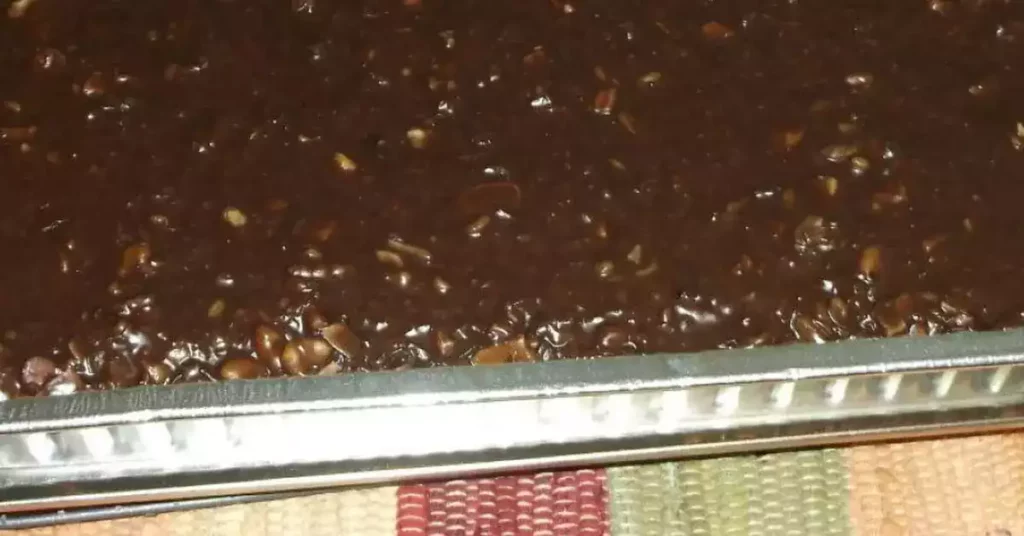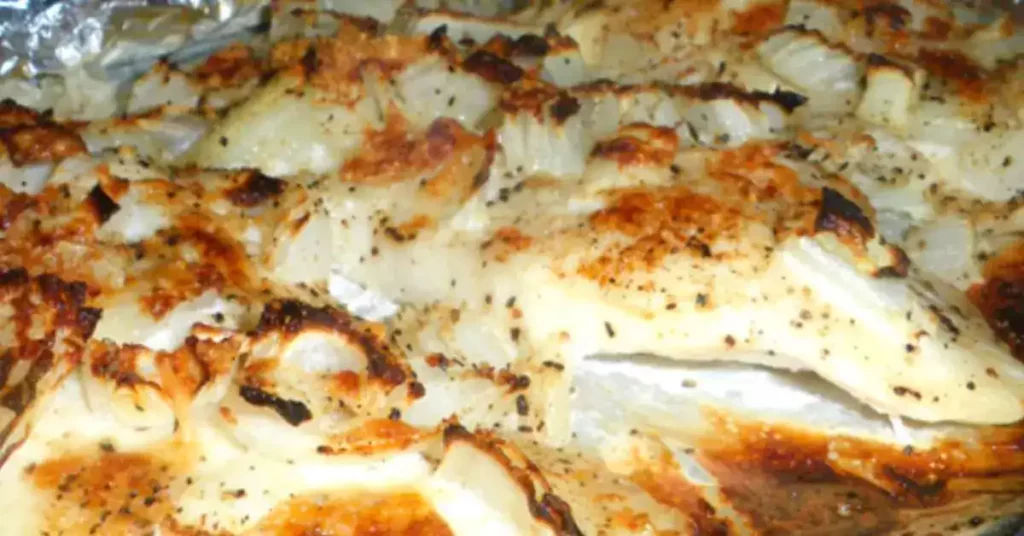Old-fashioned Scotch cakes are a timeless treat that bring a touch of nostalgia with every bite. These buttery, crumbly cookies have been a beloved favorite for generations, often enjoyed with a cup of tea or coffee. If you’re looking to recreate the magic of these classic cookies, you’re in the right place!
On this page, we’ll show you how to make perfect old-fashioned Scotch cakes at home. The recipe is simple and straightforward, requiring just a few basic ingredients. But don’t let the simplicity fool you these cookies are packed with rich, buttery flavor that will have you coming back for more.
These delightful cookies are perfect for any occasion, whether you’re hosting a tea party, looking for a homemade gift, or simply craving a sweet treat. So, grab your apron and let’s get baking! With our guide, you’ll be making delicious old-fashioned Scotch cakes in no time. Enjoy the sweet taste of tradition!

Old Fashion Scotch Cakes Recipe:
- 1 cup butter
- 1/2 cup granulated sugar
- 2 cups flour
- 1/2 cup potato flour
- 1/2 teaspoon salt
Cream butter and sugar.
Add sifted dry ingredients and blend well.
Grease a baking sheet or two 8-inch square pans.
Put mixture in pan and press evenly with a fork and cut into squares before placing in oven.
Bake at 325F for 20 to 25 minutes.
Cut again after they are baked.
Enjoy these Old Fashion Scotch Cakes.
Scotch Cakes. Newfoundland, shares a fascinating connection with Scotland that has left an indelible mark on its culture and heritage. This bond traces its roots back to the 16th century when Scottish settlers first arrived on the shores of Newfoundland. These intrepid pioneers brought with them their traditions, language, and a strong work ethic, which continue to shape the identity of the province today. The enduring link between Newfoundland and Scotland is most prominently seen in the music, with Celtic tunes and melodies resonating through the island’s vibrant folk music scene.
Newfoundland Historic Fact: The Beothuk People of Newfoundland
Long before European settlers arrived, Newfoundland was home to the Beothuk people. The Beothuk were indigenous to the island, living off the land and sea. They fished, hunted, and gathered resources, developing a rich culture and way of life. Tragically, contact with European settlers led to the decline of the Beothuk population. Disease, conflict, and displacement took a heavy toll on their community. By the early 19th century, the Beothuk were nearly extinct. Today, their legacy lives on through archaeological sites and artifacts, reminding us of their important place in Newfoundland’s history.


